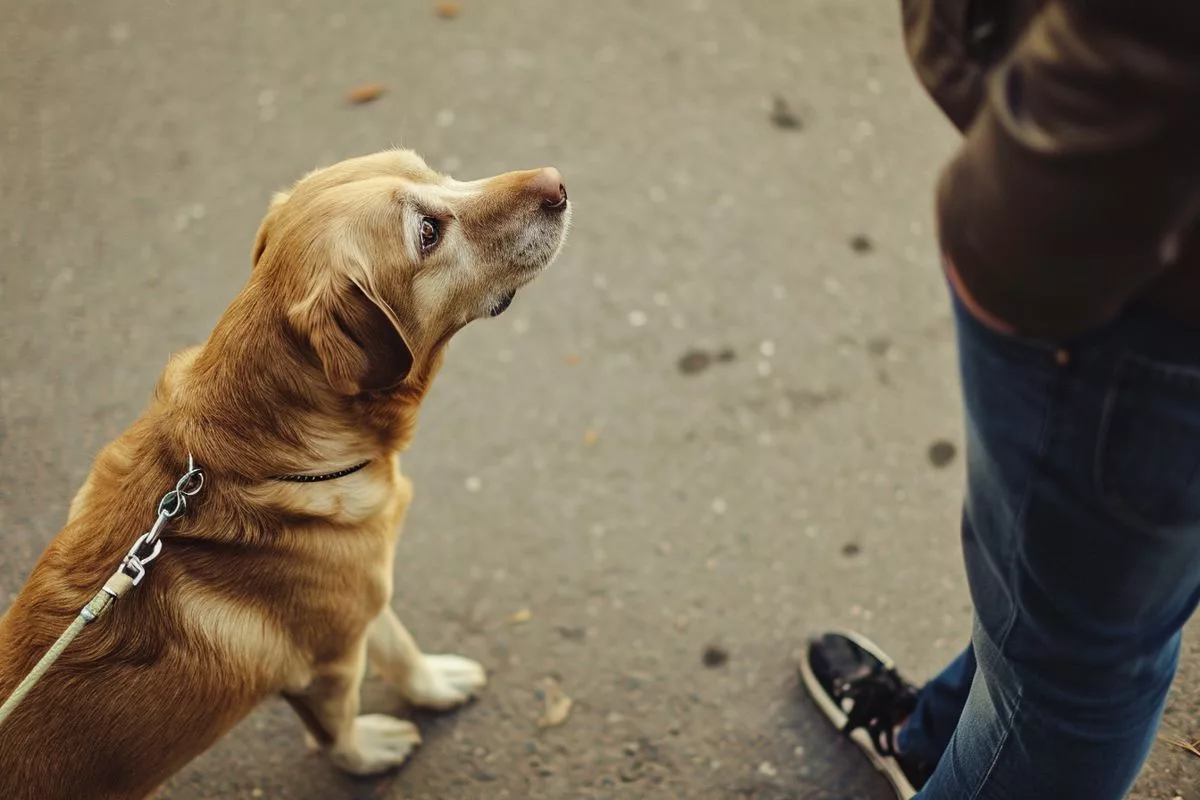South Korea has made a significant advancement in animal rights legislation by enacting a law that bans the production and sale of dog meat, although the consumption of it is not directly criminalized. This marks the end of a centuries-old tradition and provides compensation for businesses involved in the industry. The law will be executed in 2027, and those who violate it may face imprisonment or a fine. Although there are still challenges ahead, this decision is a triumph for animal welfare advocates and promotes empathy towards all living creatures.
Major Legislative Move Against Dog Meat Trade
South Korea’s parliament has enacted a law banning the production and sale of dog meat, in a victory for animal rights. While the consumption of dog meat is not directly criminalized, the ban discourages the practice and marks the end of a centuries-old tradition. The law also provides compensation for businesses involved in the dog meat industry. The execution of the law is set for 2027, following a three-year grace period. Those who violate the law face up to three years of imprisonment or a fine of 30 million won.
In an unprecedented step, the South Korean parliament has made a significant leap in improving animal rights. On a recent Tuesday, the legislators enacted a law that prohibits the production and selling of dog meat. This decision, influenced by years of relentless pursuits by local and global animal rights groups, has had a profound impact on various aspects of South Korean society, including tradition, culture, and commerce.
Major Legislative Move Against Dog Meat Trade
The newly enacted law, which received a massive 208 votes in support along with two abstentions, explicitly bans the breeding, killing, distribution, and sale of dogs for their meat. Although it does not directly criminalize the consumption of dog meat, it effectively discourages the practice, likely marking the end of a custom that has been prevalent for centuries. The execution of this law is scheduled for 2027, following a three-year grace period. Those who violate the law could face up to three years of imprisonment or a hefty fine of 30 million won (approximately R422 000).
Support for Businesses Involved in the Dog Meat Industry
At the same time, the law provides a safety net to businesses that have been involved in the dog meat industry. The legislation includes provisions for compensations aimed at encouraging these businesses to move away from this now-illegal practice.
Dog meat, commonly served in soups, has historically been a part of Korean cuisine, believed to be an antidote against fatigue during the hot summer months. However, over the recent years, this belief has significantly diminished. The younger generation of South Koreans, increasingly perceiving dogs as pets rather than food, has been instrumental in driving this shift.
Changing Attitudes and Challenges Ahead
According to a survey by Seoul-based think tank Animal Welfare Awareness, Research, and Education, over 94% of participants reported not consuming dog meat in the last year, and 93% stated no intention to do so in the future. Moreover, official data showed a 40% reduction in eateries serving dog meat in Seoul between 2005 and 2014, reflecting the declining demand.
Despite these advancements, around 1,150 farms breeding dogs for their meat still exist. The agriculture ministry’s data suggests that approximately 1,600 restaurants in South Korea continue to serve dishes featuring dog meat.
Animal rights activists have, for a long time, criticized the dog meat industry, especially for its cruel practices like electrocuting or hanging dogs for slaughter. In reaction to the impending ban, traders, who had earlier vowed to organize large-scale demonstrations, have asserted that they have adopted more humane methods of slaughter.
A Triumph for Animal Welfare Advocates
JungAh Chae, the Executive Director of Humane Society International/Korea, praised this groundbreaking decision, stating, “This is history in the making.” She emphasized the success of the animal protection movement and expressed her hope for a future where dogs are treated more compassionately in South Korea.
As South Korea adapts to changing societal norms and values, this ruling marks a significant milestone in the country’s path towards becoming a more humane society. This decision not only symbolizes the victory of persistent advocacy for animal welfare but also promotes empathy and compassion towards all living creatures.
What is the new law passed in South Korea?
South Korea recently enacted a law banning the production and sale of dog meat, although the consumption of it is not directly criminalized. This law marks the end of a centuries-old tradition and provides compensation for businesses involved in the industry. The law will be executed in 2027, and those who violate it may face imprisonment or a fine.
Does the law criminalize the consumption of dog meat?
No, the consumption of dog meat is not directly criminalized by this law. However, the ban on the production and sale of dog meat may discourage the practice.
What is the punishment for violating the new law?
Those who violate the law may face imprisonment for up to three years or a fine of 30 million won (approximately R422 000).
Does the law provide compensation for businesses involved in the dog meat industry?
Yes, the law includes provisions for compensation aimed at encouraging businesses involved in the industry to move away from the now-illegal practice.
How has the younger generation of South Koreans affected the consumption of dog meat?
The younger generation of South Koreans increasingly perceives dogs as pets rather than food, and this has been instrumental in driving the shift away from the consumption of dog meat. Official data showed a 40% reduction in eateries serving dog meat in Seoul between 2005 and 2014, reflecting the declining demand.
What impact does the new law have on animal welfare in South Korea?
The new law marks a significant milestone in South Korea’s path towards becoming a more humane society. This decision not only symbolizes the victory of persistent advocacy for animal welfare but also promotes empathy and compassion towards all living creatures.












